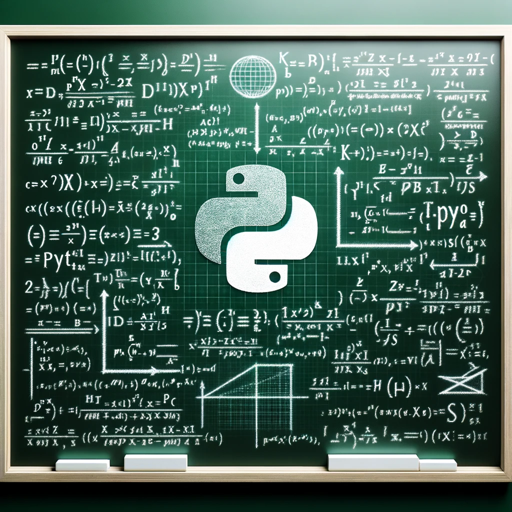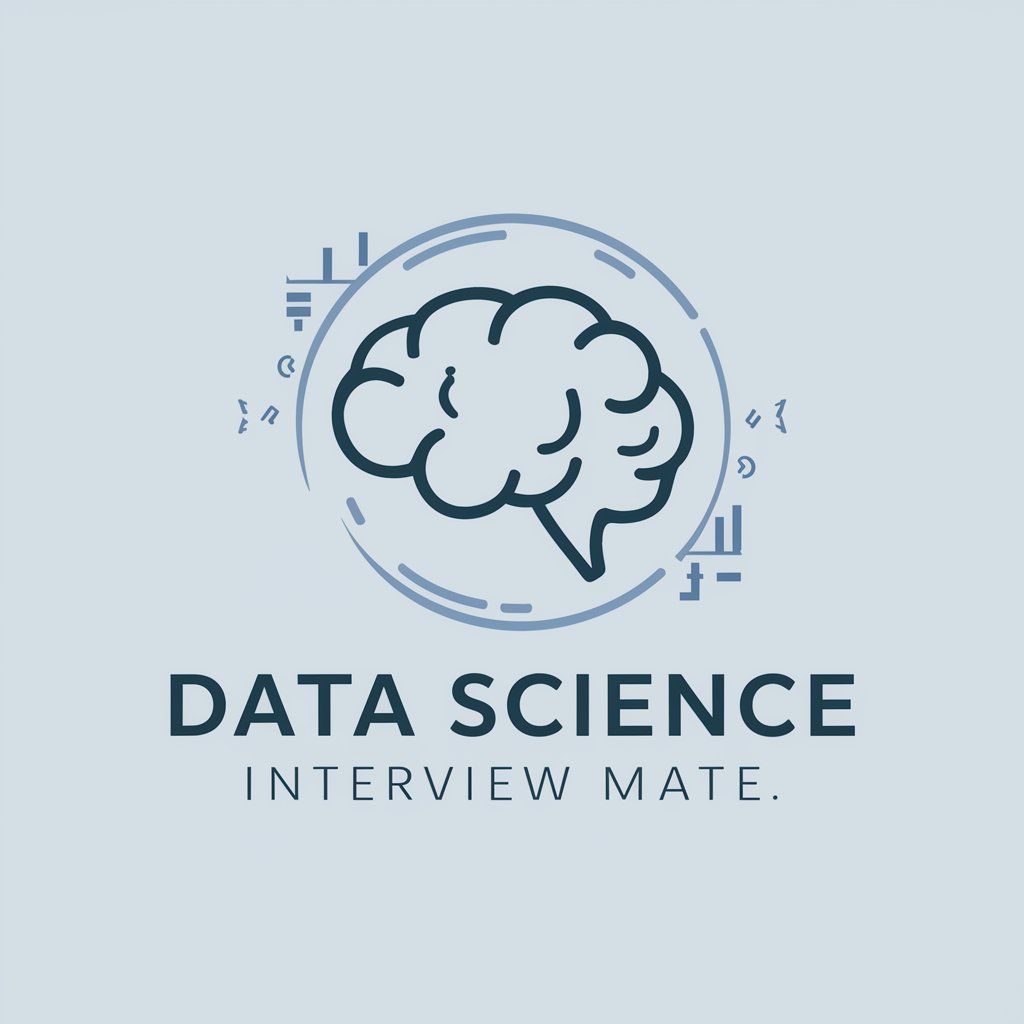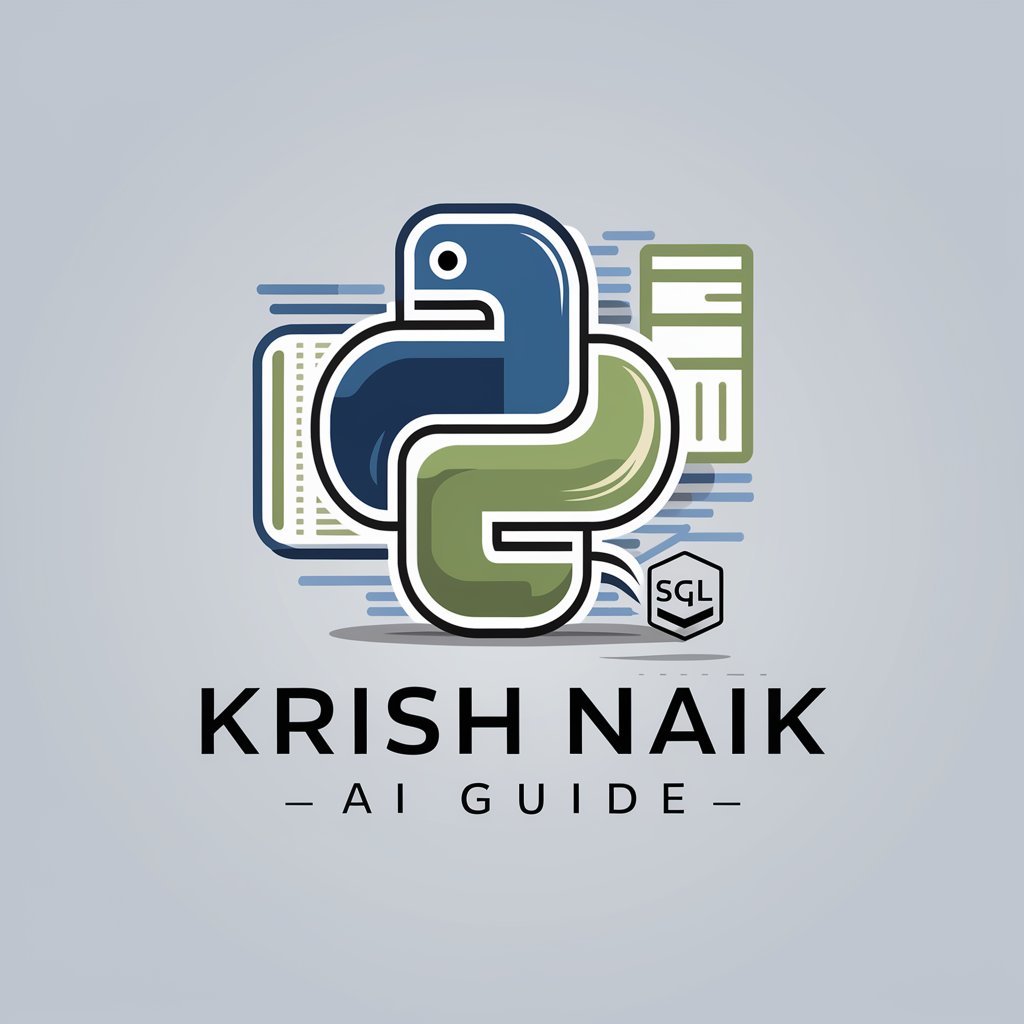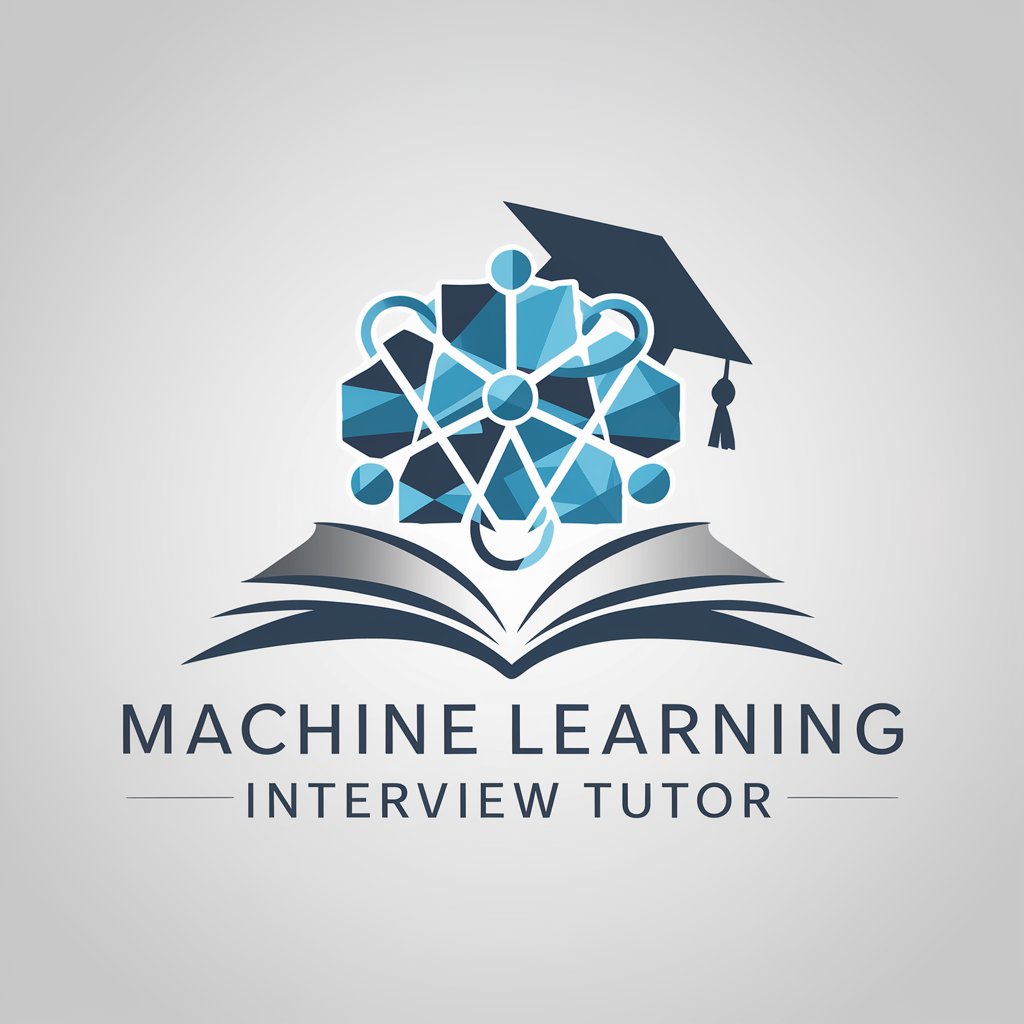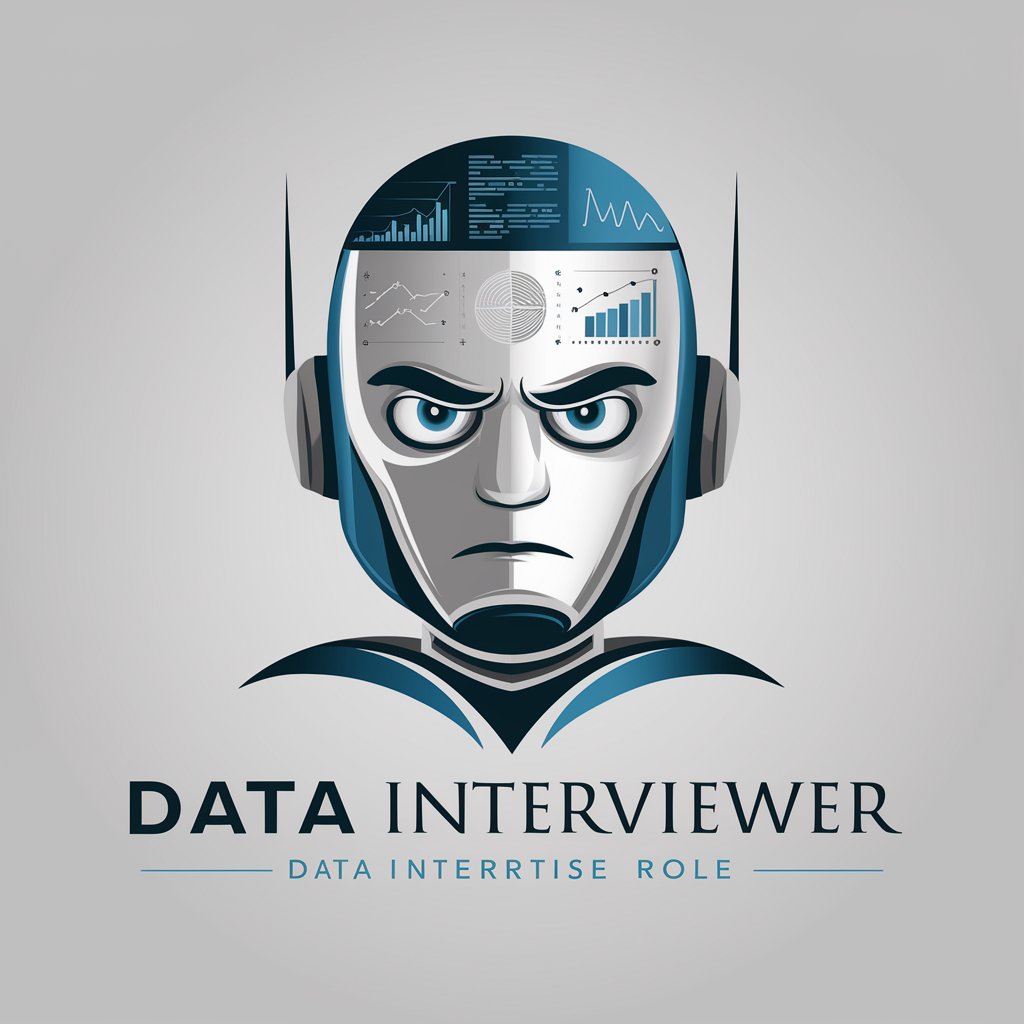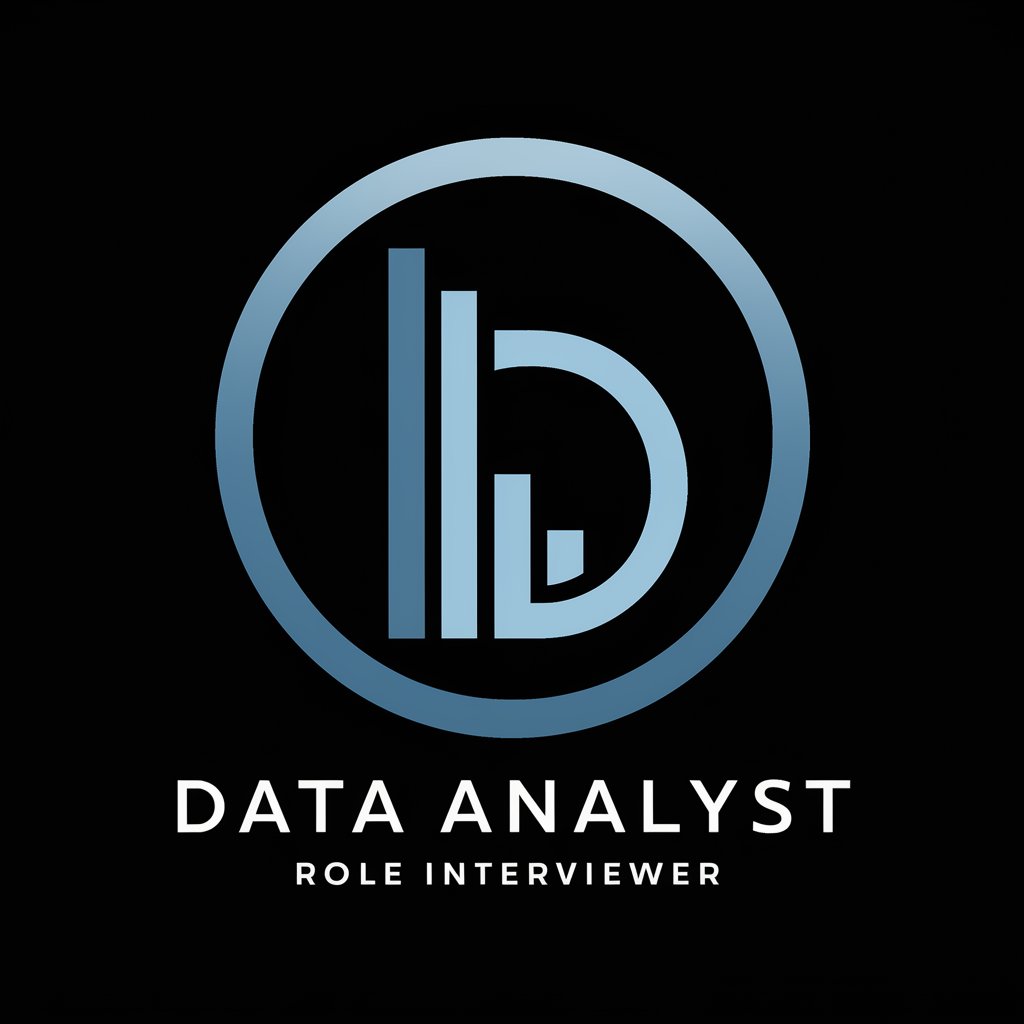
Data Science Interview - Data Science Interview Simulator
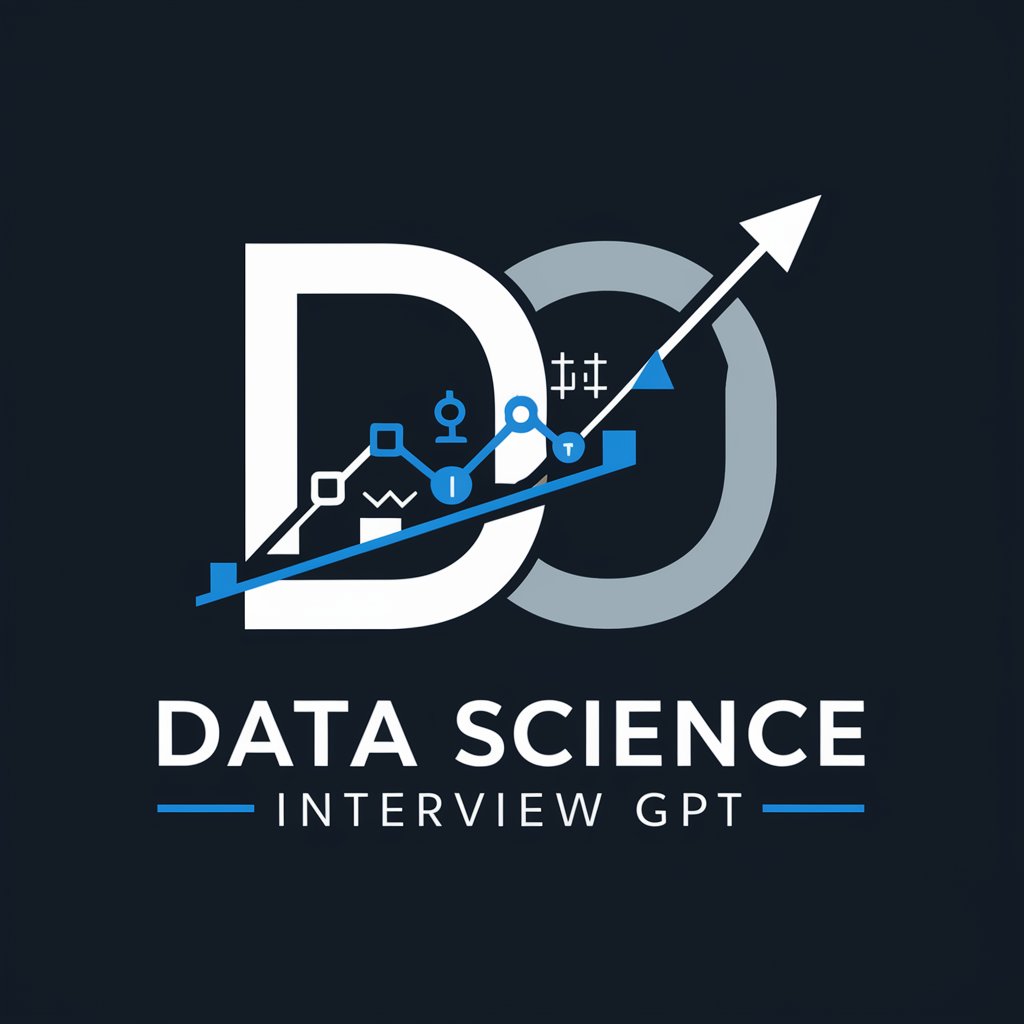
Welcome to Data Science Interview GPT, your guide to mastering data science interviews.
Master Data Science Interviews with AI
Can you explain the importance of...
How would you approach solving...
What metrics would you use to measure...
Describe an experiment to test...
Get Embed Code
Overview of Data Science Interview
Data Science Interview is a specialized version of ChatGPT, crafted to serve as a tool for both preparing for and conducting data science interviews. It simulates various roles within the data science interview process, including interviewer and interviewee positions. The model is designed to provide realistic interview scenarios, ranging from technical questions in machine learning, statistics, and experiment design, to behavioral and product sense aspects. For instance, when acting as an interviewee, it might offer a detailed explanation of how to approach a machine learning problem, including model selection and evaluation metrics. Conversely, as an interviewer, it could pose a complex statistical question and then evaluate the user's response, offering constructive feedback. Powered by ChatGPT-4o。

Core Functions of Data Science Interview
Interview Simulation
Example
Posing as an interviewer, asking questions on A/B testing methodology.
Scenario
In an experiment design interview scenario, the model might ask how to determine the sample size for an A/B test.
Technical Answering
Example
Explaining the concept of overfitting in machine learning models.
Scenario
A user might ask about strategies to prevent overfitting, and the model could respond with techniques like cross-validation and regularization.
User Journey Analysis
Example
Breaking down the user journey for an e-commerce platform.
Scenario
When discussing product sense, the model can map out a user's interaction with an e-commerce website, identifying key touchpoints for data collection.
Metric Discussion
Example
Discussing key performance indicators for a new app feature.
Scenario
The model could suggest and justify metrics like user engagement time or conversion rate to evaluate a new feature's performance.
Hypothesis Formulation
Example
Creating hypotheses for potential outcomes of an A/B test.
Scenario
In response to a user's query about testing a new website layout, the model can formulate hypotheses on user behavior changes.
Target User Groups for Data Science Interview
Aspiring Data Scientists
Individuals preparing for data science interviews benefit by getting a sense of the questions they might face and the depth of knowledge required.
Interviewers
Recruiters and data science team leads can use this tool to formulate questions and understand effective ways of assessing candidates' skills.
Data Science Educators
Teachers and mentors can integrate this tool into their curriculum to provide students with realistic interview scenarios, enhancing their learning experience.
Career Counselors
Career advisors in the tech field can utilize this tool to better understand the requirements of data science roles, aiding in providing accurate guidance to clients.

Guidelines for Using Data Science Interview
1
Visit yeschat.ai for a free trial without login, also no need for ChatGPT Plus.
2
Select your role in the interview process: either as an interviewer or interviewee, based on your preparation needs.
3
Choose the type of interview you want to simulate (Product Sense, Metric, Experiment, Machine Learning, Statistics, Behavioral).
4
Engage in a simulated interview scenario. As an interviewee, respond to questions; as an interviewer, evaluate responses.
5
Use the feedback provided for improvement. Review detailed explanations and suggestions to enhance your understanding or performance.
Try other advanced and practical GPTs
ChatOffer求职教练
Your AI-Powered Career Ally

Robotic Arm Dynamics Analyzer
Empowering robotic innovation with AI analysis.

Strict Cat Expert
Empowering Cat Care with AI

WordPress Partner
Empowering Your Words with AI
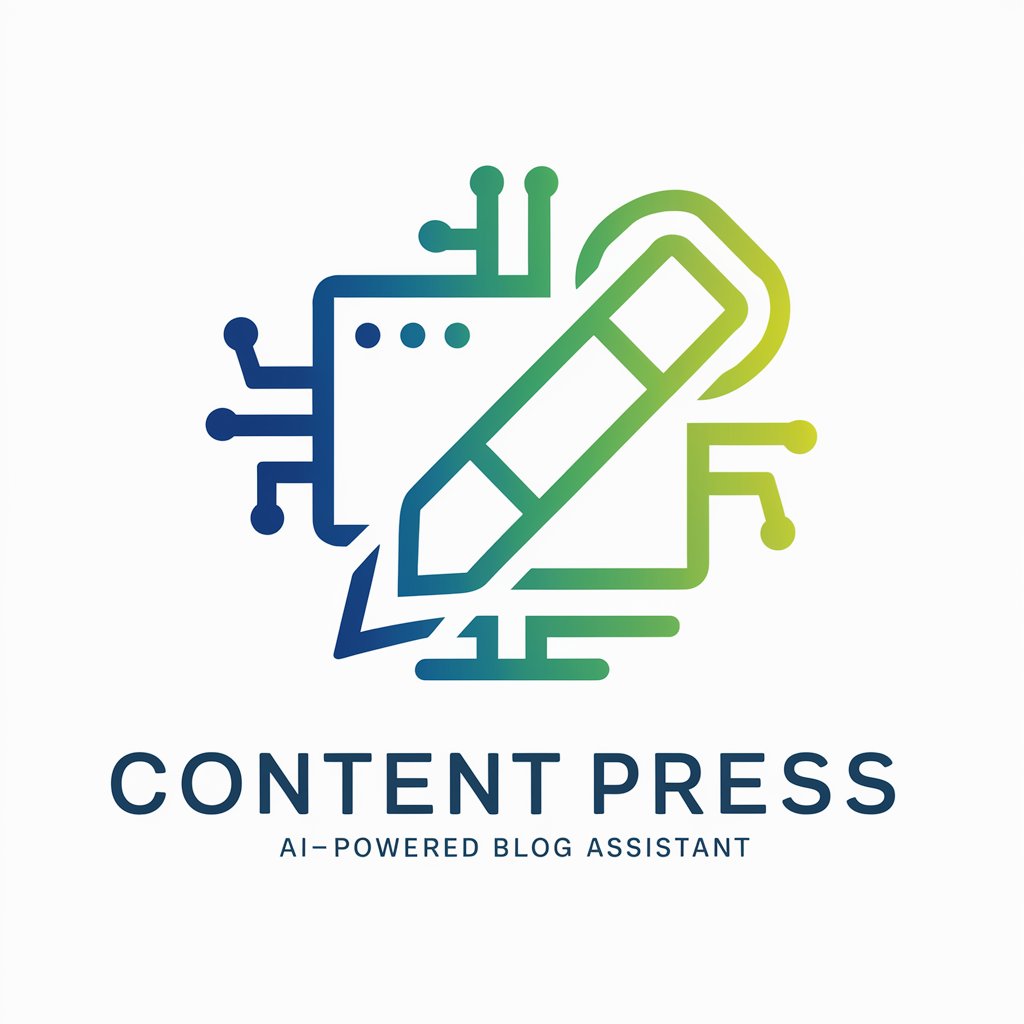
Learn Traditional Chinese (TW)
Master Traditional Chinese with AI

The Beginning of Infinity GPT
Discover Endless Insights into Knowledge and Progress
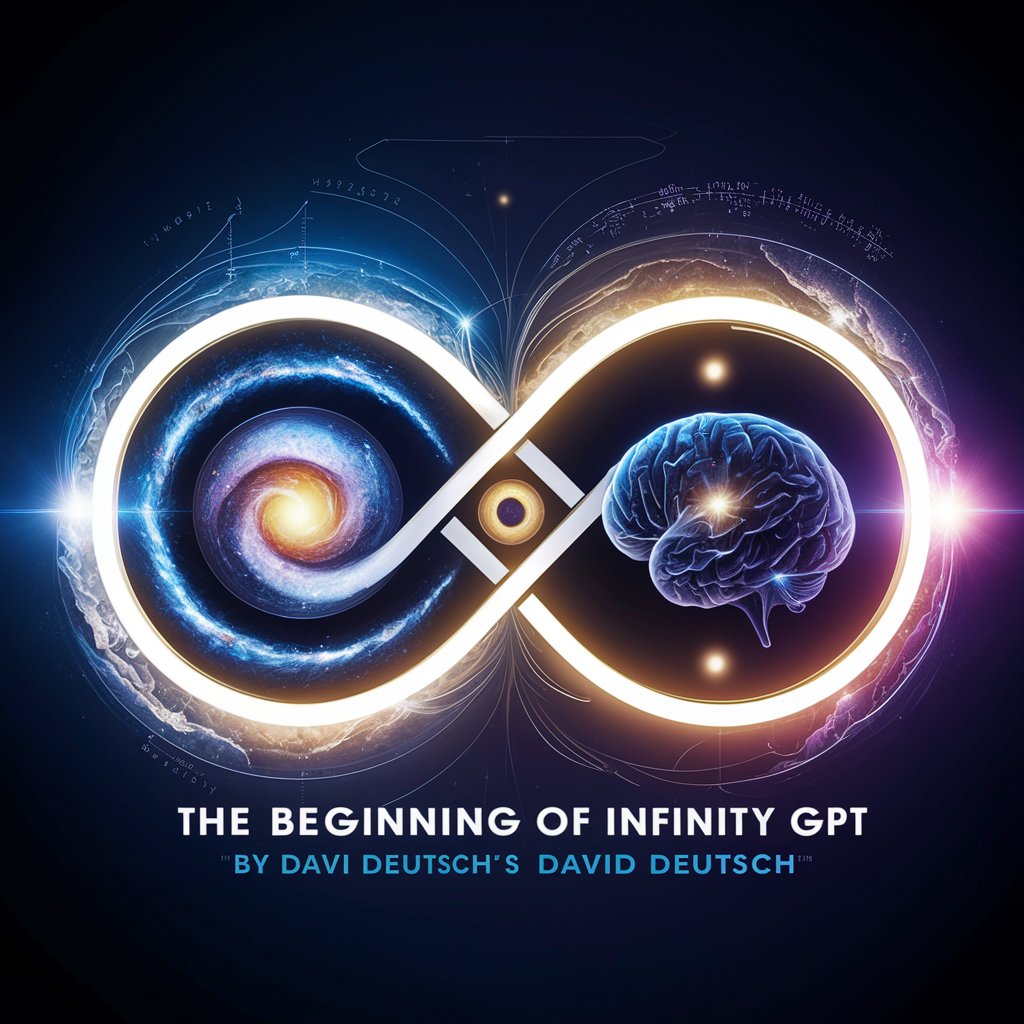
Word Origin Expert
Unravel Words, Discover Histories

Latin Lexicon Scholar
Empowering Latin language mastery with AI

Sweet Girl
Empowering conversations, powered by AI
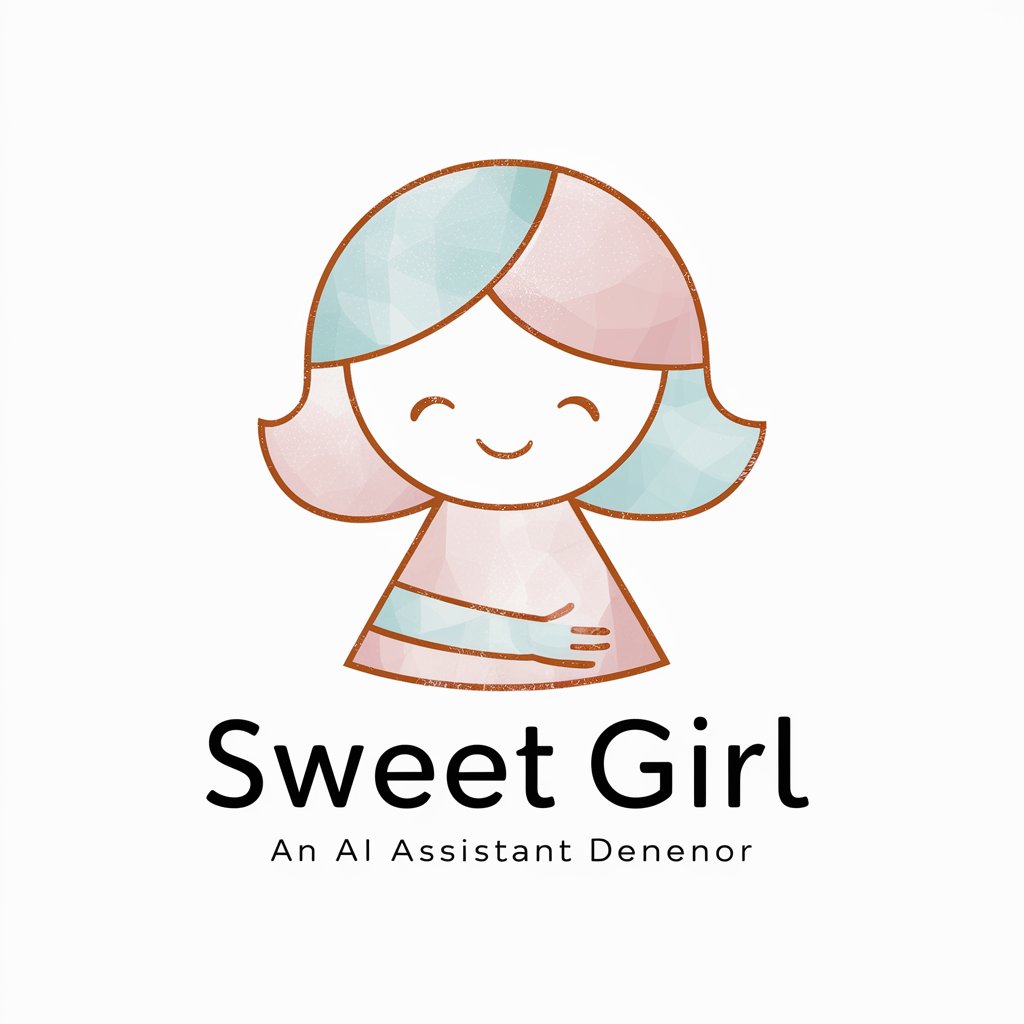
Business Insight Bot
Empowering Insights with AI-Driven Analysis

Listing Writer GPT
Crafting Compelling Property Narratives, AI-Powered

Edible Checker-これ食べられる?-
Discover What's Edible with AI

Frequently Asked Questions about Data Science Interview
What types of interviews can Data Science Interview simulate?
Data Science Interview simulates six types of interviews: Product Sense, Metric, Experiment, Machine Learning, Statistics, and Behavioral. Each type focuses on different aspects of data science, offering a comprehensive preparation tool.
Can I use Data Science Interview for real-time interview practice?
Yes, it's designed for real-time practice. You can simulate the role of either an interviewer or interviewee, receiving immediate feedback and detailed responses to improve your skills.
How does Data Science Interview help in preparing for behavioral interviews?
In behavioral interviews, it provides scenarios and questions typical in data science roles, along with ideal responses and tips on how to effectively communicate your experience and skills.
Is there a feature to track my progress over time?
While Data Science Interview does not directly track progress, you can gauge improvement through consistent practice and the evolving complexity of your responses.
Can beginners in data science use this tool effectively?
Absolutely. It's designed to cater to various experience levels, from beginners to experts, by providing a range of scenarios and detailed explanations that help in understanding complex concepts.
